UCI Hardness Tester Probe
Product Details:
- Product Type UCI Hardness Tester Probe
- Color Silver
- Weight 0.3 KG Kilograms (kg)
- Temperature -20 TO 60 DEGREE Celsius (oC)
- Material METEL
- Voltage DC 4.5V Volt (v)
- Usage Industrial
- Click to View more
X
UCI Hardness Tester Probe Price And Quantity
- 1 Piece
UCI Hardness Tester Probe Product Specifications
- METEL
- Industrial
- DC 4.5V Volt (v)
- 0.3 KG Kilograms (kg)
- -20 TO 60 DEGREE Celsius (oC)
- Silver
- UCI Hardness Tester Probe
UCI Hardness Tester Probe Trade Information
- 7-10 Days
Product Description
The UCI (Ultrasonic Contact Impedance) hardness tester probe is a device used for measuring the hardness of materials, primarily metals. It's a non-destructive testing method suitable for on-site testing, where portability and quick results are required.
The UCI hardness tester probe works based on the principle of ultrasonic contact impedance. It involves measuring the frequency shift of a vibrating rod (probe) caused by its contact with the material surface. When the probe contacts the material, the frequency of the vibrating rod changes depending on the material's hardness. This change in frequency is then correlated with the material's hardness value.
These probes typically consist of a transducer, a vibrating rod, and a measuring unit. The transducer generates high-frequency vibrations in the rod, which is brought into contact with the material surface. The measuring unit then detects the frequency shift caused by the material's resistance to indentation, providing a hardness value.
UCI hardness testers are often used for quick, non-destructive testing of materials, especially in situations where traditional hardness testing methods such as Brinell, Rockwell, or Vickers methods are impractical. They are commonly used in industries such as manufacturing, construction, and maintenance for quality control and inspection purposes.
Advanced Hardness Testing Solution
Engineered for industrial applications, the UCI Hardness Tester Probe combines durability with precision. Its compact design makes it ideal for on-site inspections and laboratory analyses. The probes metallic body withstands rugged use, ensuring longevity and consistent results in harsh environments.
Exceptional Versatility and User Experience
This tester operates effectively in temperatures ranging from -20C to 60C, accommodating diverse working conditions. The straightforward interface and lightweight build facilitate ease of use, making it a preferred choice amongst industry professionals for routine testing and critical quality assessments.
FAQs of UCI Hardness Tester Probe:
Q: How is the UCI Hardness Tester Probe typically used in industrial environments?
A: The UCI Hardness Tester Probe is employed to measure the hardness of various metallic surfaces in manufacturing, quality control, and maintenance processes. Its portability allows operators to conduct precise assessments directly on-site or in production lines.Q: What benefits does the DC 4.5V powered tester probe provide?
A: Operating on a DC 4.5V power source, the probe offers stable and consistent performance, even during extended usage. This voltage specification also enables compatibility with common industrial power supplies, promoting operational convenience.Q: When is the best time to use the UCI Hardness Tester Probe?
A: The probe is best utilized during and after manufacturing processes for quality inspection, after repairs for maintenance validation, and in routine checks to ensure the structural integrity of metallic components.Q: Where can the UCI Hardness Tester Probe be applied?
A: It is suitable for use in factories, workshops, on-site field locations, and laboratories across several industries such as automotive, aerospace, metal fabrication, and heavy machinery sectors.Q: What is the process for using the UCI Hardness Tester Probe?
A: To use the probe, simply place the sensor on the metallic surface, initiate the test using its user interface, and read the hardness value displayed. The robust design ensures accuracy even in challenging environments.Q: What makes this tester probe advantageous for industrial users in India?
A: Its lightweight build, wide operational temperature range, and durable metallic construction provide reliability and convenience. As a locally available product, customers in India also benefit from swift support and services from the manufacturer or supplier.Tell us about your requirement

Price:
Quantity
Select Unit
- 50
- 100
- 200
- 250
- 500
- 1000+
Additional detail
Mobile number
Email
 English
English Spanish
Spanish French
French German
German Italian
Italian Chinese (Simplified)
Chinese (Simplified) Japanese
Japanese Korean
Korean Arabic
Arabic Portuguese
Portuguese
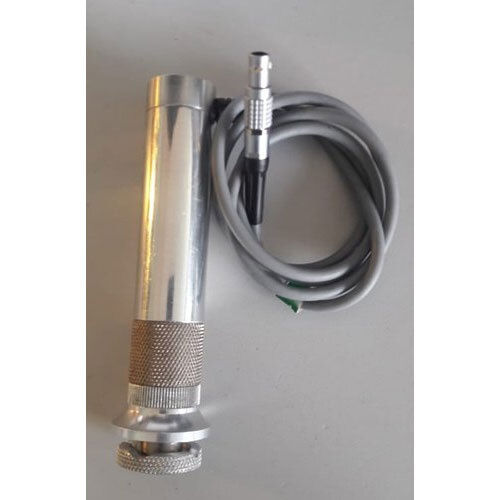

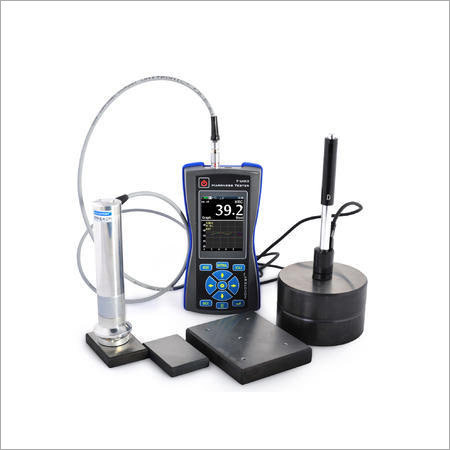
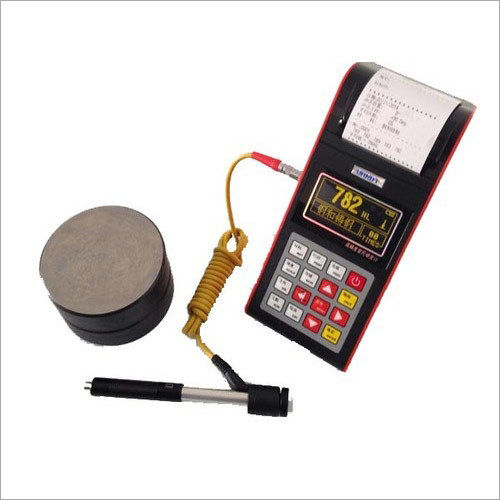
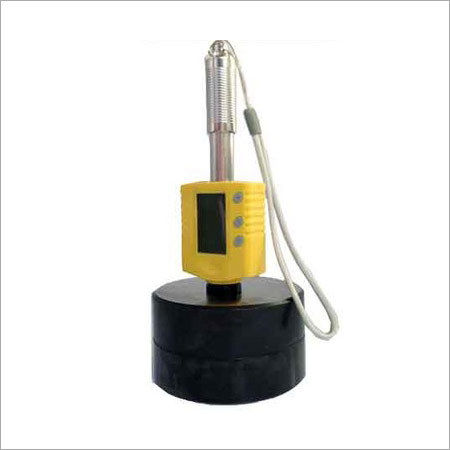
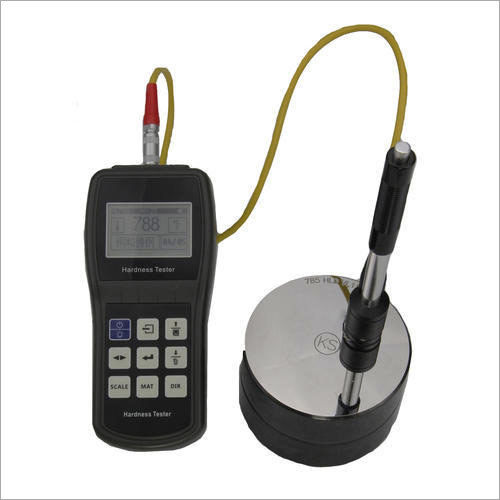
 Call Me Free
Call Me Free
